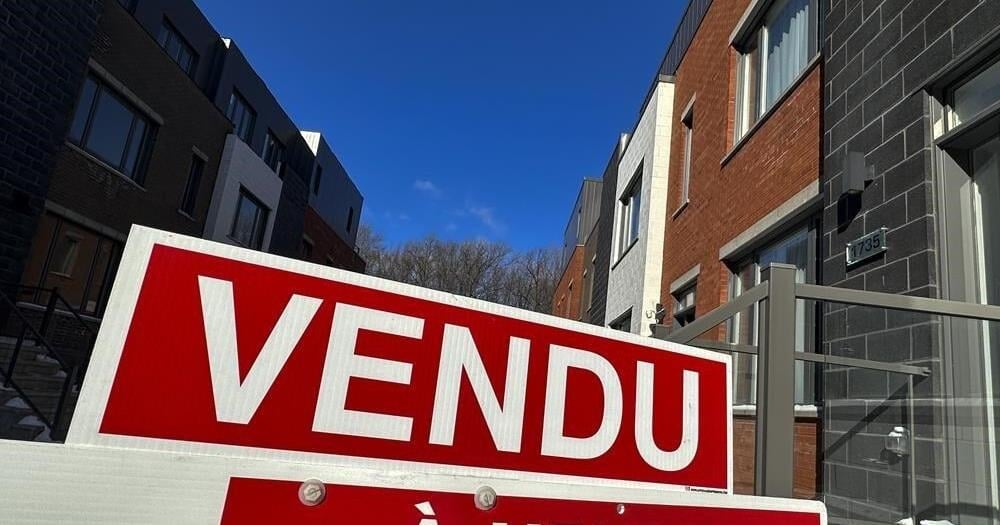With the way that 2018 came to a close, it would be hard to blame Bay Street’s real estate dealmakers for being apprehensive heading into the new year.
U.S. and Canadian stock markets were tumbling in the midst of a correction that flirted with bear market territory and whispers of a recession intensified. Real estate’s position as a conservative hedge didn’t save it as the S&P/TSX Capped REIT Index fell close to eight per cent in the final months of the year. Perhaps worse, both the Bank of Canada and the U.S. Federal Reserve had hiked interest rates just a few months earlier.
Significant capital continues to chase the sector and be invested in the sector
Chris John, TD Securities managing director
These factors set up a harsh environment for real estate financings in 2019. So it’s understandable that even the most experienced dealmakers could not foresee a blowout year.
“When we’re sitting down in January 2019, I don’t think anyone predicted how busy this year was going to be,” said Chris John, TD Securities managing director. “It feels like we’re (now) in an interest rate environment that’s lower for longer and so significant capital continues to chase the sector and be invested in the sector.”
By the end of 2019, real estate dealmakers were toasting a record year in financings, as they took advantage of a benign risk environment to raise $18.8 billion over 74 transactions in 2019.
According to Financial Post Data, the capital brought in by real estate financings in Canada rose 72 per cent compared to 2018. On the number of deals alone, it wasn’t Bay Street’s busiest year — there were 13 fewer deals made in 2019 than in 2012, the best year in terms of deals — but it secured much larger individual transactions. The seven top-grossing debt deals, for example, were each made for between $500 million and $1.3 billion.
As for the dealmakers themselves, RBC Capital Markets generated $4.8 billion across 36 deals, or 48 per cent of the total market. TD Securities was a close second, acting as a bookrunner on one less deal, and netting $4.1 billion.
The past year saw a number of factors combine to ensure real estate financings flourished. After 2018 ended with hike rates, monetary policy reversed and the U.S. Fed issued three cuts which spurred central banks around the world to do the same.
Financings, as a result, became cheaper for the companies pursuing them. Bond yields also declined substantially and made capitalization rates — a popular metric to measure real estate investments — more attractive for investors. The sector even benefited from the geopolitical risk caused by trade tensions between the U.S. and China.
Real estate companies themselves immediately benefitted, TD’s John said, and rode that environment to gains in the stock market. The S&P/TSX Capped REIT Index gained more than 16 per cent in 2019.
Taking advantage of a good year, several companies turned to debt and equity markets to raise cash. Some of them even tapped into the market multiple times, John said, referencing Dream Industrial REIT, which raised more than $461 million during three equity raises.
The capital raised wasn’t set aside to build up a war chest, according to Nitin Babbar, head of Equity Capital Markets at RBC Capital Markets. It was immediately put to work for the purposes of delevering balance sheets or funding new acquisitions. In a good year, these companies could have used the capital to enter new markets, but they did the opposite and chose to simply expand domestically in areas where they already had a solid base.
Most of the buyer interest came from institutional and global investors, said Gavin Higgs, managing director of Equity Capital Markets at RBC Capital Markets.
“It’s probably the largest institutional participation we’ve ever seen in Canadian real estate new issues,” he said.
RBC led the way on equity finances, participating in eight of the highest 10 grossing deals of that nature. Three of those financings were done on behalf of Canadian Apartment Properties REIT and generated a total of $1.12 billion.
Yet, it was RBC’s second highest-grossing equity deal to sell shares of mix-use real estate developer First Capital Realty Inc. that stood out the most.
Mostly, that’s because the deal came together using a method not seen in real estate financing since 1997. The deal deviated from the norm as it involved a bought deal, the use of instalment receipt and a share buyback.
RBC and a host of underwriters agreed to buy 22 million common shares of the company from Israel-based Gazit-Globe Ltd., which owned 33 per cent of First Capital at the time, in a “bought deal” worth $453 million. Underwriters would then take the shares of First Capital and sell them to investors using an instalment receipt, which allows them to pay for common shares in two instalments.
Instead of paying $20.60 per share of First Capital, investors were given the option of making two $10.30 payments that could be as far as a year apart. The structure of the deal was cross-conditional with First Capital buying back 36 million of its shares in a move that needed shareholder approval. The first payment, made in April, grossed $226 million.
The benefit for investors is that despite only committing half the capital upfront, they were treated to full quarterly dividend payments during the instalment period. The second payment could take place at any time in the year after the repurchase was completed.
“That’s an innovation we’ve seen in real estate for the first time (since 1997) and we haven’t seen it in Canadian equity capital markets very often in the last couple of years, but it enabled a very large and complex transaction to succeed,” Higgs said.
The last time an instalment receipt was used for equity financing in a similar type of deal was in 2003, Higgs said, when Aliant Inc. offered a secondary sale of Stratos Global Corp. shares for $340 million on an instalment receipt. Instead of a buyback, the deal was subject to approval by the Federal Communications Commission.
Despite the incredible 135 per cent growth in equity, the total dollars raised still fell short of what dealmakers raised through debt financings. TD Securities was the winner there, raising $2.75 billion over 20 deals and participating in the second-largest transaction of the year for the Ontario Teachers’ Pension Plan’s Cadillac Fairview Properties Trust, which netted $1.06 billion.
TD Securities had already served as a bookrunner for the pension plan in its first offering in 2017 which raised US$800 million, according to Jonathan Royce, director of TD Securities. When Ontario Teachers returned to the debt markets in 2019, Goldman Sachs and TD worked on the offering together.
In order to offset their global funds, Royce said, Teachers’ specifically targets the U.S. market for debt financings and aims to raise them in U.S. dollar amounts. So it was clear from the beginning that it would be targeting U.S. investors, although that didn’t stop a few Canadian firms from jumping on board, he said.
TD used the list of investors who bought into the first financing in 2017 as a starting point for the new one and branched out from there. The strategy worked as the financing was oversubscribed and was made up entirely of institutional investors.
The two deals have made Cadillac Fairview a known name in the U.S. markets, Royce said.
“(Cadillac Fariview) went from a name that really wasn’t known all that well in the U.S. market before they first issued in 2017, they built out an investor base and if you look at where the spreads are now compared to where they were, they really tightened in,” Royce said. “So it’s been a very successful run for Cadillac Fairview.”
While John couldn’t predict the success of 2019 last January, 2020 seems a bit more clear.
“We’re also anticipating another strong year in 2020 largely driven by a fundamental background that looks reasonably similar to 2019,” he said.
































